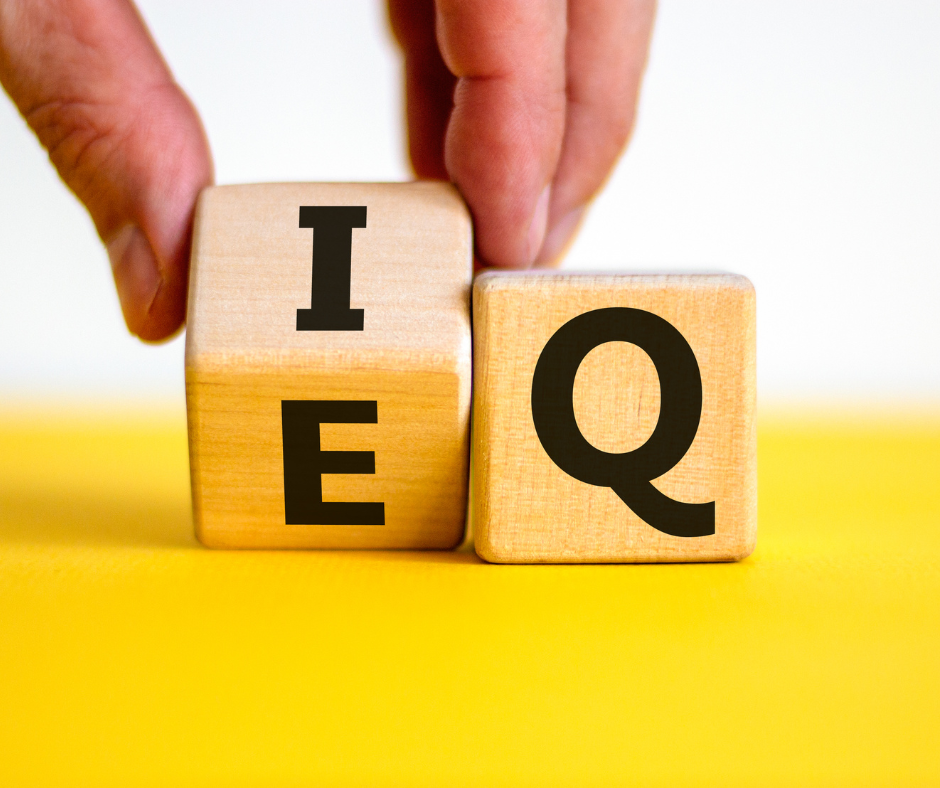In the fast-paced world of business and leadership, technical skills and expertise alone are not enough to drive success. The most effective leaders possess a high level of emotional intelligence (EI)—the ability to recognize, understand, and manage emotions in themselves and others.
Emotional intelligence is a game-changer in leadership. It helps build strong relationships, improve decision-making, and create a positive work culture. But what exactly is emotional intelligence, and why does it matter for leaders?
Let’s dive deeper into why emotional intelligence is crucial for leadership success and how you can develop it.
What is Emotional Intelligence?
Emotional intelligence refers to the ability to:
Recognize and manage your emotions
Understand and influence the emotions of others
Navigate social situations with empathy and self-awareness
According to psychologist Daniel Goleman, emotional intelligence consists of five key components:
1. Self-Awareness
Leaders with strong self-awareness understand their emotions and how they affect their actions and decisions. They recognize their strengths and weaknesses, allowing them to lead with confidence and humility.
2. Self-Regulation
Great leaders can control their emotions instead of reacting impulsively. They remain calm under pressure, make rational decisions, and handle challenges with a clear and level-headed approach.
3. Motivation
Emotionally intelligent leaders are driven by passion and purpose, not just external rewards. They have a strong sense of commitment, resilience, and optimism, which inspires their teams to stay motivated even in tough times.
4. Empathy
Empathy is the ability to understand and relate to the emotions of others. Leaders with high empathy build strong relationships, foster trust, and create inclusive work environments where employees feel valued.
5. Social Skills
Effective leaders excel in communication, conflict resolution, and teamwork. They know how to influence, inspire, and connect with people, making them exceptional leaders and decision-makers.

Why Emotional Intelligence Matters in Leadership
1. Stronger Workplace Relationships
Leaders with high emotional intelligence build trust and respect among their teams. They listen actively, understand employees’ concerns, and foster a collaborative work environment.
2. Better Decision-Making
Emotionally intelligent leaders do not let emotions cloud their judgment. They analyze situations objectively, consider multiple perspectives, and make well-informed decisions.
3. Higher Employee Engagement and Productivity
Employees perform better when they feel valued, understood, and supported. Leaders who demonstrate empathy and appreciation create a positive work culture, leading to increased productivity and job satisfaction.
4. Effective Conflict Resolution
Workplace conflicts are inevitable, but emotionally intelligent leaders handle them calmly and fairly. They de-escalate tensions, listen to all sides, and find solutions that benefit everyone involved.
5. Increased Adaptability in Challenging Situations
Leaders often face uncertainty, crises, and rapid change. Emotional intelligence helps them stay composed, think strategically, and guide their teams through difficult times with resilience.
How to Develop Emotional Intelligence as a Leader
1. Practice Self-Reflection
Take time to analyze your emotions and understand how they impact your leadership style. Journaling or seeking feedback from colleagues can help increase self-awareness.
2. Manage Stress and Stay Calm Under Pressure
Develop techniques like deep breathing, mindfulness, or exercise to help regulate emotions and maintain composure during high-stress situations.
3. Improve Your Empathy
Listen actively and try to understand employees’ perspectives, concerns, and emotions. Show genuine interest and offer support when needed.
4. Strengthen Your Communication Skills
Clear and transparent communication fosters trust and teamwork. Be open to feedback, express your thoughts respectfully, and resolve conflicts constructively.
5. Lead with Authenticity and Integrity
Emotionally intelligent leaders lead by example. Stay true to your values, demonstrate honesty, and create an environment where employees feel safe to express themselves.